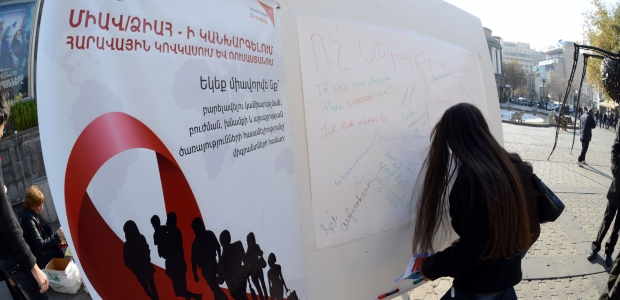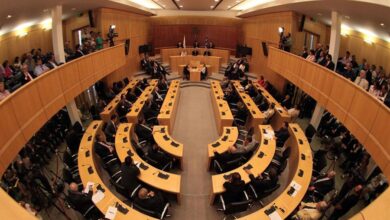December 1 marked as World AIDS Day

World AIDS Day is celebrated on 1 December each year around the world. It has become one of the most widely recognized international health days and a key opportunity to raise awareness, commemorate those who have died, and celebrate victories such as increased access to treatment and prevention services.
The WHO European Region comprises 53 countries, with a population of nearly 900 million people, of which around 508 million live in the EU/EEA (27 EU Member States plusIceland,LiechtensteinandNorway).
New data for 2011 show that more than 121 000 new HIV cases were reported in the WHO European Region, including more than 28 000 in the European Union and the European Economic Area (EU/EEA). This indicates an increase for the Region from the previous year, which highlights the importance of sustaining interventions, even in times of economic austerity, to curb the continuing HIV transmission acrossEurope.
A new report by the European Centre for Disease Prevention and Control (ECDC) and the WHO Regional Office for Europe, released to mark World AIDS Day, indicates that, while the number of new HIV cases has fallen in many parts of the world, transmission shows no signs of a decline in the EU/EEA and is rising in eastern Europe and central Asia.
Further, continuing HIV outbreaks in some EU countries among people who inject drugs highlight that previously low numbers can rapidly rise in an outbreak when interventions are not sufficiently in place.
“The global financial crisis is challenging governments to invest in improved access to effective health interventions to prevent, test for and treat HIV/AIDS. Only one patient in four receives the needed antiretroviral treatment in the eastern part of the Region, one of the lowest rates in the world,” says Zsuzsanna Jakab, WHO Regional Director forEurope. “We urgently need to scale up resources, especially in eastern Europe and centralAsia. Every euro spent now on HIV response will largely be paid back with savings on future treatment costs, not to mention the societal gains from keeping people healthy and productive.”
Speaking at a forum on public health in Athens, Greece on the eve of World AIDS Day, ECDC Director Marc Sprenger stressed: “Several recent examples from different EU countries show that failure to break the chain of HIV transmission will inevitably lead to high long-term HIV prevalence, particularly when we see from our data that 50% of the newly infected get tested late. If we want to reduce and prevent further transmission of HIV across Europe, we need to invest in and promote HIV counselling and testing. This way, we ensure early diagnosis, as well as access and adherence to treatment; decrease the number of late presenters; and improve the longer-term treatment outcomes for the individuals concerned.”








